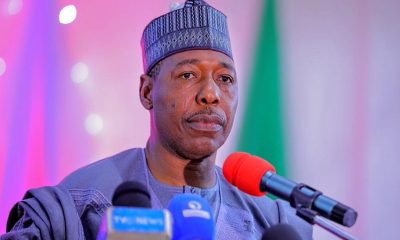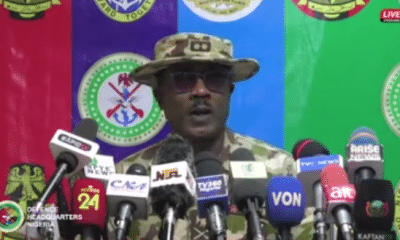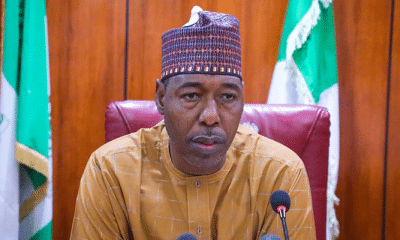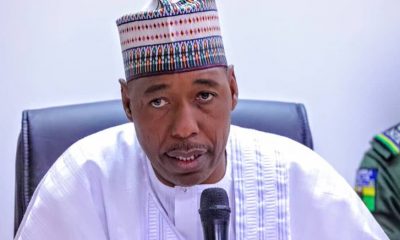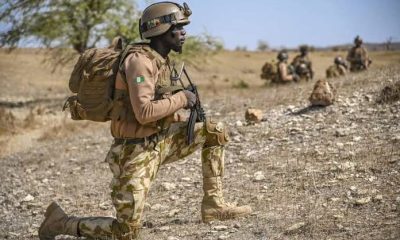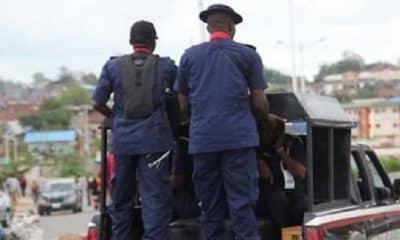Nigeria News
UN Moves To Support Fight Against Boko Haram, Herdsmen-Farmers Killings In Nigeria
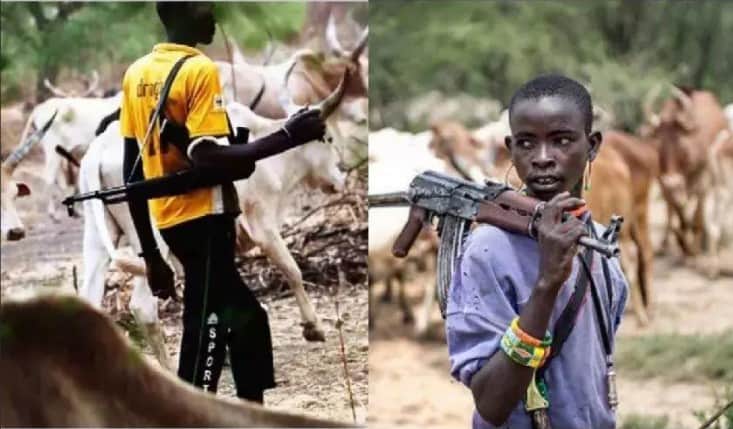
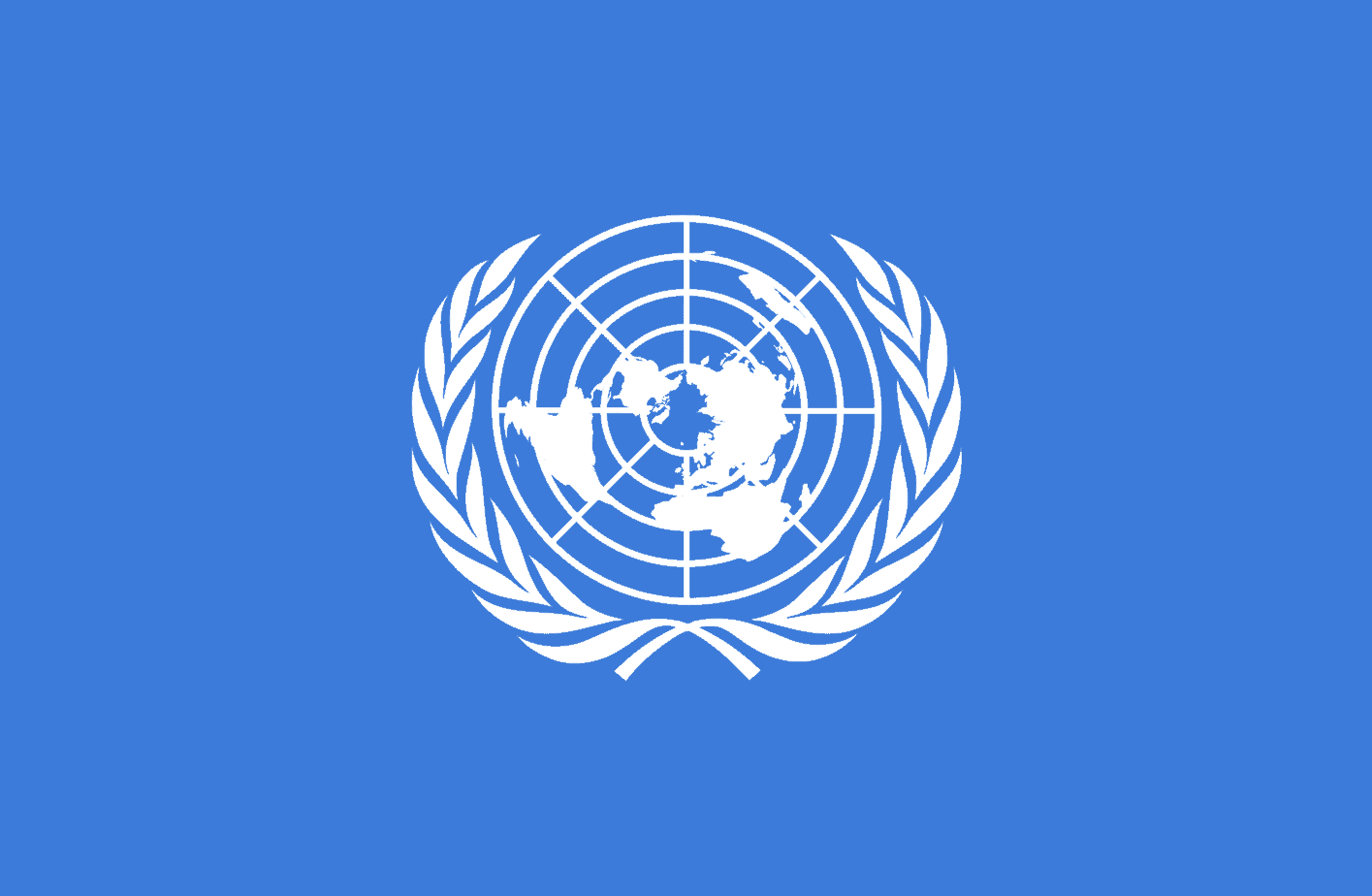
United Nations ( Photo File)
UN Office For West African Assess Level Of Farmers-Herdsmen Killings, Move To Support ECOWAS In Security Council Resolution
Special Representative of UN Secretary-General for West Africa and the Sahel, Mohamed Ibn Chambas, has described the farmers-herdsmen clash in Nigeria as becoming more sophisticated and deadlier.
The Head of UN Office for West African and the Sahel (UNOWAS), in a report presented to the UN Security Council, expressed concern that the violence may soon turn into terrorist attacks.
According to his report, “Violence between farmers and herders is increasingly a major security threat in the region and risks morphing into the terrorist attacks that have defined the security landscape.
“Farmer-herder conflicts are becoming more sophisticated and deadlier, especially in Nigeria’s Middle Belt.
“During four days in June, new spates of attacks and retribution killings between herders and farmers in this region resulted in scores of deaths,’’ the UN envoy said.
In the Lake Chad Basin, Chambas said in spite of gains made by the Nigerian armed forces and the Multinational Joint Task Force, Boko Haram remained active.
The UN envoy for West Africa and the Sahel said, “The trend of Boko Haram, using female suicide bombers continues, and reportedly almost one in five suicide bombers is a child.
“The most recent attacks on a Nigerian military garrison in Yobe and the ambush of a military convoy in Borno are the latest manifestations of the threats still posed by Boko Haram.
“There is a need for increased support to diplomatic, security and humanitarian responses to Boko Haram, in a holistic manner.
“To this end, UNOWAS is providing technical support for a joint summit of the Economic Community of West African States (ECOWAS) and the Economic Community of Central African States (ECCAS), on July 30, as called for by Security Council resolution 2349 (2017).
Chambas explained that the severe depletion of Lake Chad had led to environmental degradation, socio-economic marginalisation and insecurity for 45 million people.
Chambas’ report also estimated 2.3 million people who are displaced by the aggregate effects of insecurity and climate change.
He appealed to member states to support the humanitarian response to the Lake Chad crisis, which remains critically underfunded and revitalisation of the Lake Chad Basin.
“Let me stress that any military response to security challenges in the region needs to be matched by the implementation of comprehensive strategies linking security and humanitarian interventions to development and human rights initiatives.
“There is also need to increase our collective efforts to address the challenges facing the Sahel region with actions that combine politics, security and development,’’ Chambas stressed.
He said the period under review saw an upsurge in popular discontent in the region manifested through often violent demonstrations calling for political and economic reforms.
“The sometimes violent conduct of security forces, notably in dealing with popular demonstrations, has also fuelled political tensions.
“Commitment by countries of the region and support from the international community will be key to ensuring the effectiveness and accountability of security sector institutions as part of broader security sector reform efforts.
“Several countries continue to struggle with justice, national reconciliation and human rights challenges.
“Among those is the concerning number of high-profile arrests, judicial prosecutions and convictions against political and civil society actors.
“We must collectively continue to urge Member States to provide an enabling environment for the exercise of the freedoms of expression and assembly, which are critical in consolidating democracy and good governance,’’ the UN envoy said.
He said UNOWAS would continue to closely monitor the situation with forthcoming elections in Nigeria, Mauritania and Senegal.
“In some countries of the region, including Nigeria, UNOWAS is working closely with ECOWAS and other partners to support the establishment of national peace architectures that can provide a systematic and inclusive approach to the prevention, management and resolution of conflict.’’

